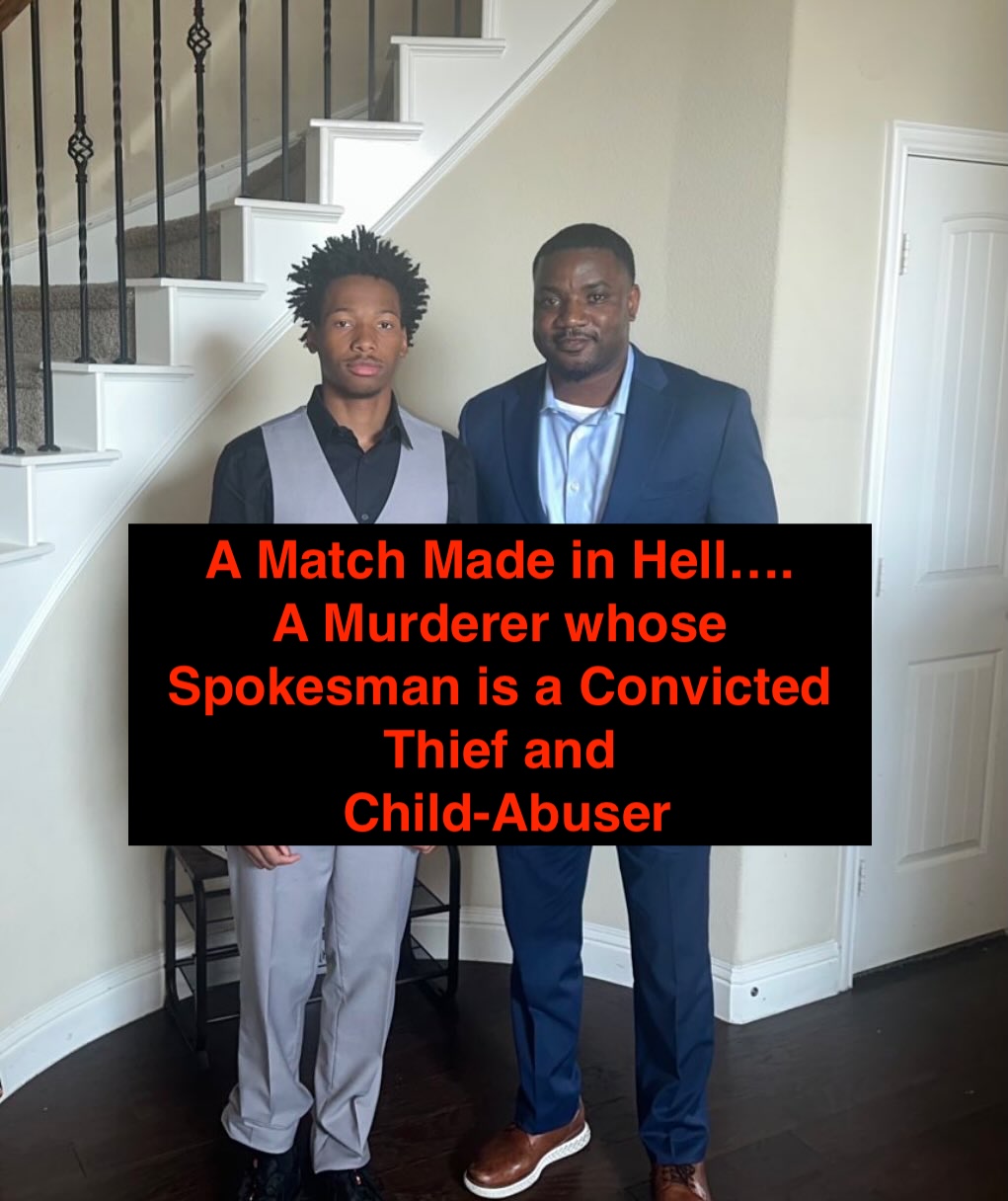Meta Description: Dominique Alexander’s criminal past and role in the Karmelo Anthony case raise serious questions about justice, credibility, and media silence.
The murder of Austin Metcalf should be front-page news. A Texas high school student was stabbed to death at a track meet. A 17-year-old, Karmelo Anthony, was charged with murder. And yet, national media coverage is nearly nonexistent. But that silence is being filled by someone else—Dominique Alexander, a man whose rap sheet is almost as long as his public statements.
Alexander is the official spokesman for Anthony’s family. But before anyone takes his word seriously, here’s what you need to know: he’s a convicted felon with a documented history of violence and theft. In 2011, he pleaded guilty to injuring a 2-year-old child. He violated probation, went to prison, and was later indicted for domestic violence. In 2021, he pleaded guilty to felony theft. Yet somehow, he’s the public face of this case.
What’s worse is his behavior in the spotlight. At a press conference, when Austin Metcalf’s father showed up—clearly grieving and seeking answers—Alexander dismissed his presence as “inappropriate.” This from a man with a criminal past involving children and abuse? It was a moment that told people everything they needed to know about who was being centered in this case—and who wasn’t.
It doesn’t end there. Alexander’s Facebook page, where he frequently posts about the case and defends Karmelo Anthony, is flooded with some of the most disgusting and openly racist comments. Scroll through and you’ll see it: people defending Anthony not because of the facts, but because of his race. Some justify the murder. Others mock the victim. And those comments remain, untouched and unchallenged. When your public platform allows hate to spread unchecked—especially in a murder case—you’re not leading a movement. You’re feeding division.
Meanwhile, the Anthony family claimed financial hardship in court to get Karmelo’s bond reduced to $250,000. It worked. He was released. But here’s what else we know: the family lives in a gated Frisco neighborhood, renting a home valued around $900,000. They reportedly have new vehicles, including a white Suburban with temporary plates. And the GiveSendGo fundraiser for his defense has raised more than $468,000.
Compare that to the Metcalf family. They’re not holding press conferences. They’re trying to survive the loss of their son. No slick spokesman. No media campaign. Just grief.
And that’s the bigger issue. This isn’t just a legal case—it’s a credibility crisis. When a murder suspect is represented by a man with a violent record, when public support is built on race rather than truth, and when media silence allows all of it to go unchecked, people lose trust. They start to believe the system only works for those who can game it, shout louder, or twist the narrative.
Young people are watching. They see the double standards. They see who gets justice and who gets buried—literally and metaphorically. And they’re right to ask: how is this okay?
If justice means anything, it has to mean fairness. It has to mean that the truth matters more than identity, more than politics, and definitely more than the PR game being played by race hustlers like Dominique Alexander.

Leave a Reply